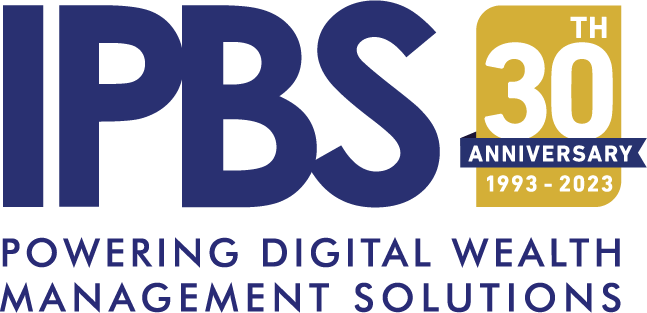This year has seen the biggest global upheaval in recent times with entire nations entering lockdown in order to combat Covid-19. The impact on business has been stark. Many employees were furloughed, and many more jobs have been lost or are at risk. Those that remain in the workforce face an entirely new challenge with remote working.
Technology has had a crucial role to play in helping companies to adapt to the new normal (whatever that means!), and this newsletter announces an exciting new partnership between IPBS and Liquidus which opens up significant digital onboarding benefits to our customers. We cover some interesting viewpoints on the role of technology, as well as the latest cyber threats thanks to our partner Sequrest, and finally revisit The Bahamas as a vital International Financial Centre and look at how it has changed in recent years.
During this difficult time for many, the most important thing remains our health and wellbeing and I hope above all else that you and your families remain safe and well.
Regards
Bruce G Raine
CEO and Founder
International Private Banking Systems
Download the full newsletter here or sign up below to join our mailing list.


